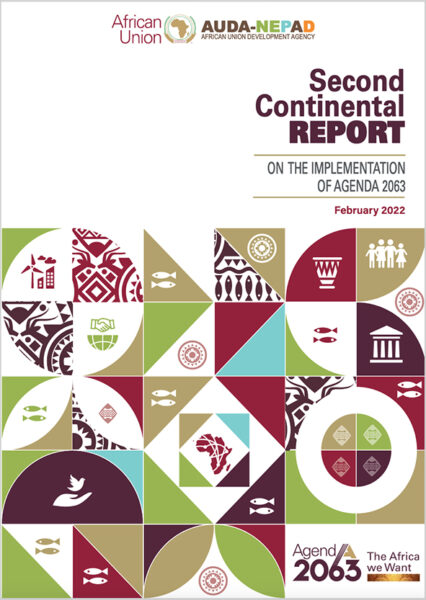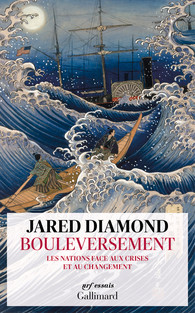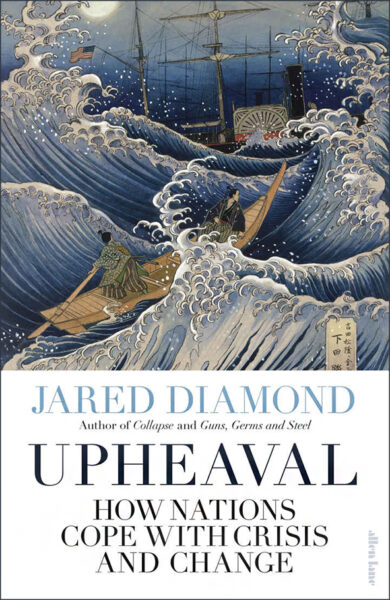Though it is a very small country in the Arab peninsula (just over half the size of Wales), the Emirate of Qatar nonetheless occupies an increasingly important economic and diplomatic position globally. Awareness of the country has grown in recent years with a Qatari presence developing –and being consolidated– in the sporting sector (football clubs, TV channels etc.), but most importantly Qatar is also one of the leading global producers of natural gas, behind Russia and Iran. It also ranks number one in terms of per capita GDP (at parity of purchasing power).
In this article, Perla Srour-Gandon lists the country’s main assets –particularly its energy assets– and also outlines the Qatari authorities’ strategy for maintaining this economic prosperity, even into a world without hydrocarbons. She specifies, among other things, the “2030 Vision” they have developed in the educational, socio-economic and environmental fields, as well as in the areas of sport, tourism and culture, to guarantee a sustainable future for Qataris. It is as yet unknown whether this economic diversification strategy will bear fruit, but it is evidence of a degree of clear-sightedness on the part of the emirate, which is aware that its income stream from gas will not last forever and is using its current position of strength to make longer-term investments.



